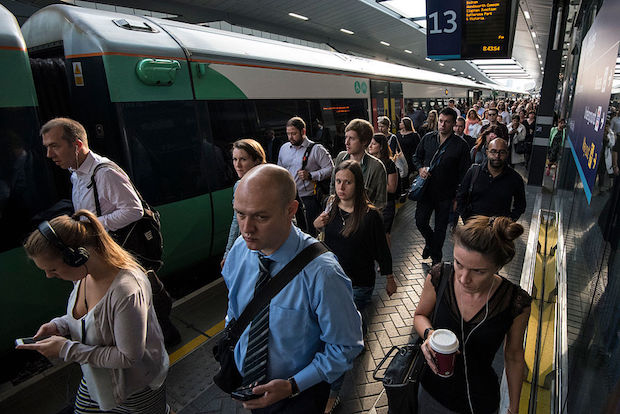Britain’s railways provide a striking example of how a half-baked privatisation goes wrong. The Centre for Policy Studies today introduces a new word to the political and economic lexicon: Railopoly; noun, the exclusive possession or control of train services by a single company (public or private) which faces no competition or threat of. The private train monopolies which have been allowed to replace the old nationalised British Rail have become entrenched in the safe knowledge that ministers will not object and regulators will keep preventing competition. But how and why? Quite apart from allowing bad policies, can’t Conservatives realise that preserving the current unsatisfactory system gives credibility to Jeremy Corbyn’s plans to renationalise?
On the 25th anniversary of the Tory White Paper which led to privatization, the sector has largely become a collection of Whitehall-sponsored railopolies. Ministers hide behind shiny new trains and a good safety record but ultimately preside over a railway network where passengers have barely any choice, enjoy no fare competition, increasingly face overcrowding and suffer from growing union militancy.

Get Britain's best politics newsletters
Register to get The Spectator's insight and opinion straight to your inbox. You can then read two free articles each week.
Already a subscriber? Log in






Comments
Join the debate for just £1 a month
Be part of the conversation with other Spectator readers by getting your first three months for £3.
UNLOCK ACCESS Just £1 a monthAlready a subscriber? Log in